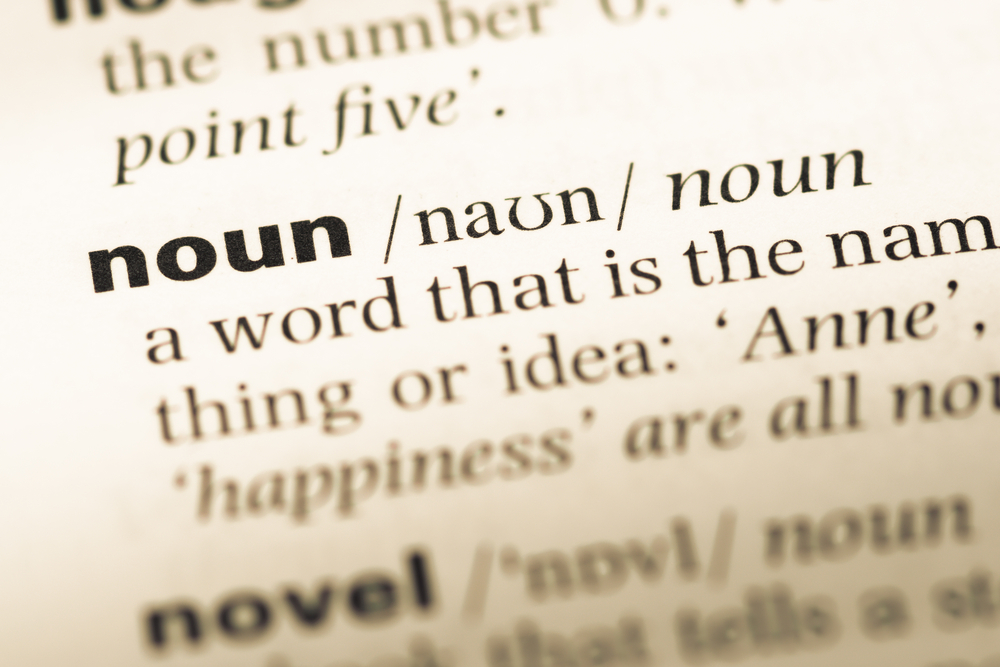Normal Phonics worksheets activities
9 filtered results
-
From - To


Phonics and Word Recognition: Assessment 1 ELA Worksheet


Phonological Awareness: Assessment 1 Worksheet


Phonics and Word Recognition: Assessment 3 Worksheet


Phonics and Word Recognition: Assessment 2 Worksheet


Phonics and Word Recognition: Assessment 1 Worksheet


Long and Short Vowel Sentences: Assessment Worksheet


Rhyming Words: Assessment Worksheet


Vowel and Consonant Sounds: Assessment Worksheet


Let's Check Long Vowels: Assessment Worksheet
Normal Phonics worksheets activities are an invaluable tool in the foundational stages of reading and writing. These exercises are specifically designed to break down the complex system of the English language into manageable, digestible parts, making them an essential asset for educators and students alike. The usefulness of Normal Phonics worksheets activities stems from several key advantages they offer to the learning process.
Firstly, these activities promote the understanding of the relationship between letters and sounds, a core aspect of phonics. By engaging in these exercises, students learn to recognize and predict the sounds that letters and combinations of letters make. This is crucial for developing decoding skills, which enable learners to read new and unfamiliar words independently. Normal Phonics worksheets activities often include tasks that require matching letters to sounds, identifying beginning and ending sounds, and blending sounds to form words, all of which reinforce this foundational skill.
Furthermore, Normal Phonics worksheets activities support the development of spelling skills. As students become more familiar with phonetic patterns and the sounds that correspond to certain letter combinations, they naturally become better spellers. These activities often incorporate spelling exercises that not only reinforce phonetic rules but also introduce students to exceptions, helping them navigate the sometimes unpredictable nature of English spelling.
Another significant advantage of Normal Phonics worksheets activities is their ability to cater to a wide range of learning styles. They often include a variety of tasks, such as coloring, matching, and writing, which can engage visual, auditory, and kinesthetic learners. This versatility ensures that all students have the opportunity to grasp phonetic concepts in a way that best suits their individual learning preferences.
Finally, Normal Phonics worksheets activities provide a structured approach to learning phonics. They systematically introduce new concepts and review old ones, ensuring that students build on their knowledge incrementally. This structured repetition is key to solidifying learning and moving students towards fluency in reading and writing.
In conclusion, Normal Phonics worksheets activities are a cornerstone of effective literacy instruction. Their ability to simplify complex concepts, combined with the versatility and structured progression they offer, makes them an indispensable tool in the journey to reading and writing proficiency.

 Assign to the classroom
Assign to the classroom











